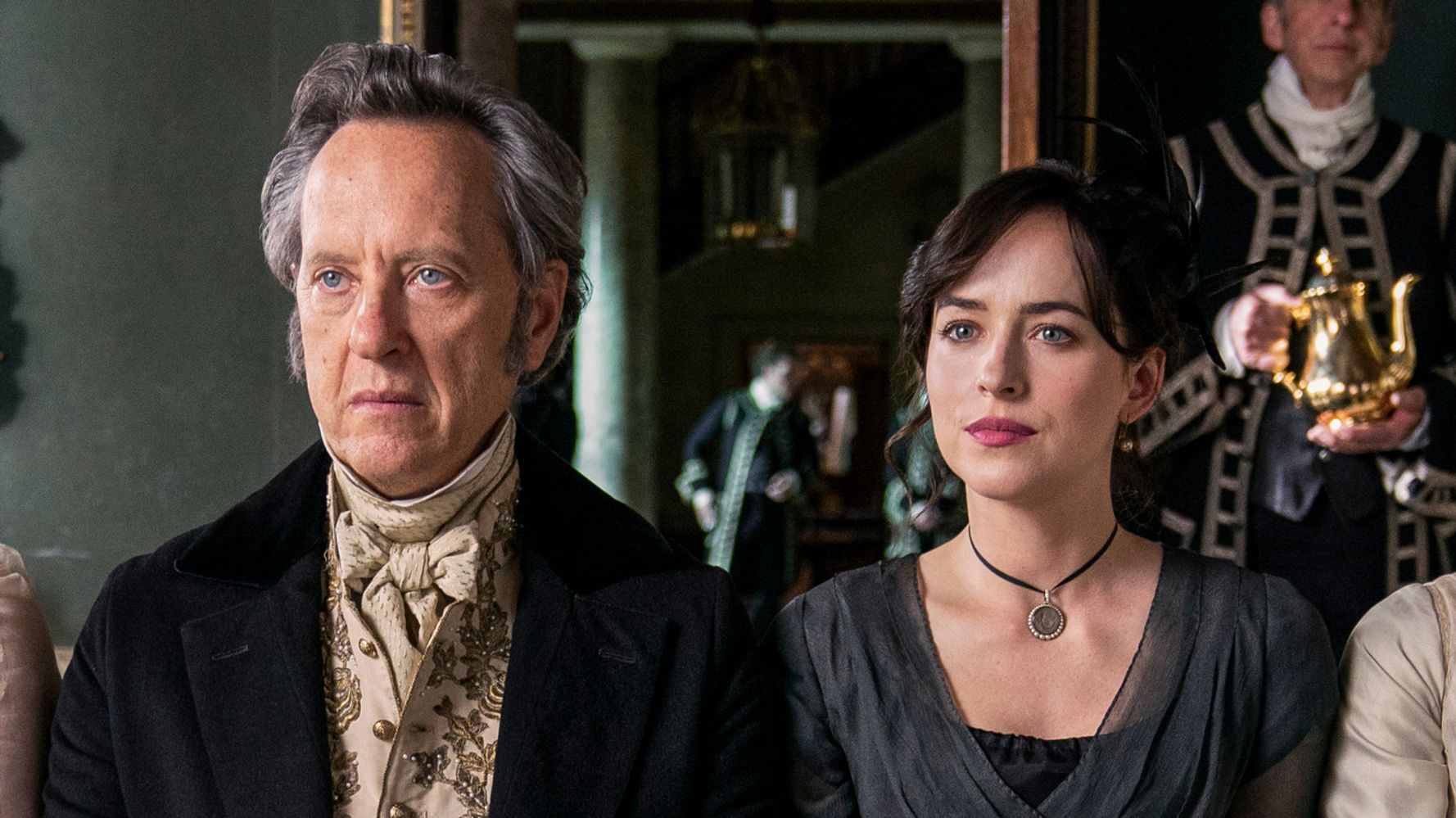To adapt a narrative that hasn’t yet lost its timeless appeal, persuasion frequently goes too far. Carrie Cracknell’s new film is a feature-length version of Jane Austen’s final work, although it deviates from its original material in terms of language and style. In spite of its time setting, Persuasion reimagines Jane Austen’s novel for today’s readers. ‘Persuasion’ Doing so often results in statements like “He’s 10” being used by the characters. Neither “Now we’re worse than ex-exes,” nor “I never trust a ten. “We’re pals now.” They stick out like sore thumbs in Persuasion because they uncomfortably try to reproduce the tone of current courting discourse. They’re at their most desperate when they’re at their best. Awkward efforts to modernise the work of one of history’s most influential and perceptive writers.
Additionally, Persuasion breaks the fourth wall frequently, much like Fleabag, in order to appeal to the sarcastic new eye-rolling gifs that will be used on Twitter by all of the viewers that see it. Because of this reliance on winking and overtly sarcastic direct-to-camera monologues to tell the plot, the film suffers from an intrinsic flaw: its style. As for many of the film’s modernistic elements, the same is true. This film’s enduring appeal is due in large part to the quality of its ensemble and plot, as well as the presence of another engaging performance from its star, Emma Stone.
A story about a shattered romance
An English lord’s vain daughter (played to perfection by Richard E. Grant) is left to lament the end of her long-ago romance in Persuasion, which follows Dakota Johnson’s, Anne Elliot. That Frederick Wentworth (Cosmo Jarvis), the brilliant Navy commander who was Anne’s former lover, has overcome her is evident, despite Anne’s repeated attempts to tell those watching from home that she is “thriving.” Throughout the course of Persuasion, she picks at her own self-inflicted romantic scars. Frederick’s return to Anne’s life, on the other hand, gives her a much-needed lift. Following the two ex-lovers as they seek to manage the residual feelings they still have for each other after their early attempts to keep space between them fail inevitably. Louisa (Nia Towle) begins pursuing Frederick, the respected Navy captain’s sister-in-law, and Anne’s love for him is put to the test.
Frederick, on the other hand, is put to the test when Anne’s gorgeous but mercenary distant cousin, William Elliot, captures his attention (Henry Golding). It’s less of a comedy of manners and more of an examination of love and longing, which is what it ends up becoming. Even at its most foolish moments, Johnson keeps Persuasion centred. In spite of her winking portrayal, Johnson manages to successfully convey Anne’s anguish, and in doing so she crafts a riveting image of how love may be overwhelmed by regret and longing when it is denied for too long. Aside from 2020’s Emma, Johnson’s portrayal of Anne is a standout from the several Austen adaptations that have attempted to reproduce the author’s trademark humour and wit. Persuasion excels when it touches on Johnson’s thoughts of longing and sadness. While Anne and Frederick’s beachside chat has been hailed as one of the greatest in the film, the actors’ performances are both raw and withholding in a way that seems passionately, achingly authentic.
It aids the film’s emotional anguish that Frederick and Anne are still recuperating from years after she was “persuaded” to break off their relationship by Jarvis’ regular, theatrical rigidity. Cracknell’s directorial is at its best in the film’s several outdoor segments. It’s because of Cracknell and her cinematographer Joe Anderson that Persuasion’s idyllic English countryside scenes provide not only magnificent visuals but also serve to heighten the film’s protagonist’s devastating feelings. It is thanks to John Paul Kelly’s production design that the film’s locales, notably Anne’s family home, don’t appear unduly traditional at various parts of its narrative. On the other hand, even though Cracknell has vast training in theatre, she relies far too heavily on the film’s fourth-wall-breaking technique to play Persuasion in fascinating ways.
Cracknell frequently cuts to Johnson’s face in Persuasion so that she may give the camera an unneeded wink or grin, which makes the movie feel less like a romantic love tale and more like an overlong one-woman monologue at times. Focusing solely on Anne’s inner thoughts might detract from the efforts of the film’s supporting cast members. There are a few bright spots in an otherwise forgettable group, notably the aforementioned Hugh Grant who gulps down every hilariously self-absorbed phrase he’s given. As Anne’s narcissistic sister Mary, Mia McKenna-Bruce delivers a charmingly bratty performance, while Henry Golding gets to play the type of scene-stealing, smarmy cad that Hollywood seldom allows him to play. In Persuasion, his interactions with Johnson are some of the most amusing and energetic.
The majority of Persuasion’s actors do an admirable job, which only serves to exacerbate the film’s ambition to “modernise” Austen’s original work. Sometimes, the finest parts of the film come when it is truly, sincerely digging into its source material’s sentiments of love and longing. As a result, the film has paradoxically demonstrated yet again how ageless and lasting Austen’s original novel, Persuasion, is.
Netflix will begin streaming Persuasion on Friday, July 15.

